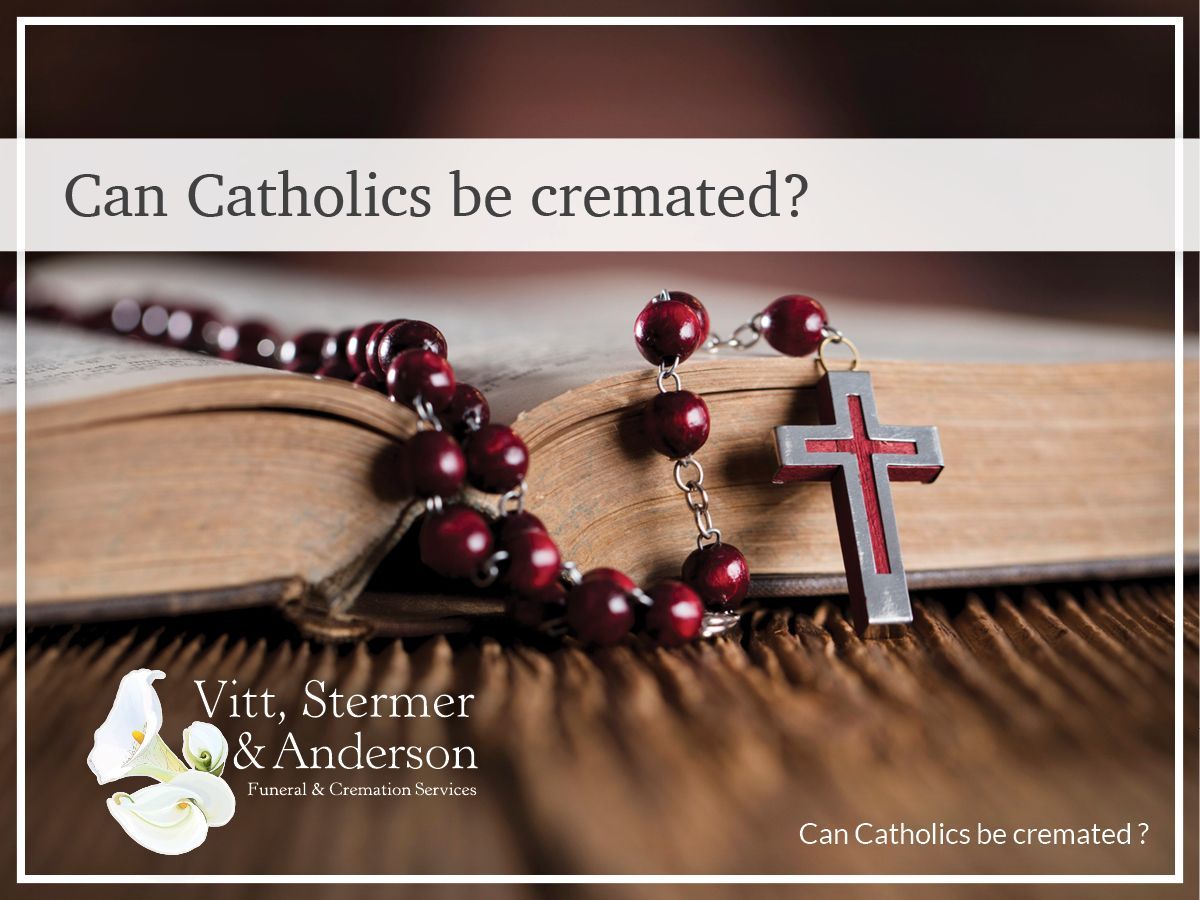How Quickly Do We Need to Have the Service After the Death of a Loved One?
Losing a loved one can trigger a very stressful time in someone’s life, especially if they are tasked with planning and holding that loved one’s funeral. In addition to grieving, they have to decide on the big details about the decedent’s funeral and their final resting place. And having to make those decisions can raise a lot of questions. Should they be cremated or buried? Will they be embalmed or refrigerated? And when exactly do you have to hold the service after your loved one’s death?
When should you have the service after the death of a loved one?
In the U.S., funerals typically happen within three to seven days after a loved one’s death. One week generally gives family and friends time to gather to say goodbye to the decedent. However, these numbers are based on an embalmed or refrigerated decedent. Embalming or refrigeration slows the decomposition process, so an embalmed or refrigerated person can have a funeral up to a week after their death.
If you don’t want to embalm your loved one, when do you have to have the service?
It’s estimated that 50 percent of people in the United States are embalmed, but what about everyone else? There is no federal law that requires people to be embalmed, and any funeral home stating that there is one is breaking the Federal Trade Commission’s Funeral Rule. However, each state does have specific rules about when a person must be cremated or buried if they’re not embalmed. Depending on what state you’re in, you may have less time to bury or cremate than you think. It’s crucial to be familiar with your state’s laws before making any plans, as you may only have one day to hold the funeral before having to bury your loved one. It’s worth noting that if your loved one has to travel across state lines after death to reach their funeral and final resting place, they will likely have to be embalmed.
However, some people may choose to avoid embalming or their religion may require that they not embalm. Refrigeration is another option to delay a funeral and slow the decomposition process, though embalming is generally considered more effective. Most funeral homes have refrigerated storage for families who choose not to embalm. It’s best to talk to a funeral director about your options for taking care of your loved one while you plan their funeral as they may be able to provide more specifics on their refrigeration or embalming processes.
But generally, when you work with a funeral home, your loved one will be refrigerated for between eight and 24 hours before embalming. If you don’t want to embalm at all, most mortuaries offer short-term refrigeration, which can allow you to delay the funeral for up to two weeks. Always check with your state law to be sure that refrigeration is considered a suitable alternative to embalming and will allow you to delay the burial or cremation process.
If you choose to cremate your loved one before their funeral, you don’t need to worry much about timing. In that case, you have far more time to plan the service since it’s not dependent upon the condition of the loved one. Some people may even choose to have the funeral a month after the loved one’s death if they were cremated.
How long does it take to plan a funeral?
How quickly a funeral must happen after a loved one’s death is one of many reasons why pre-planning your funeral is a significant gift that you can give your family. When you pre-plan your funeral, you’re essentially giving your family a blueprint for the big questions that take so much time debating and answering otherwise. Should the service be religious or secular? What kind of music should be played when? Is there something your loved one would have preferred instead of flowers, like donations to a beloved charity? When your family already has those questions answered for them, there’s less stress and time involved in the planning process, making seven days seem like plenty of time to make a funeral happen.
If your loved one did not pre-plan their funeral, that doesn’t mean that you can’t plan one in seven days. In fact, with the help of an experienced funeral director, you can plan a funeral in just hours. Working with a funeral home’s staff can take some of the stress out of planning, and they’ll be able to guide you toward creating an event that celebrates who your loved one was.
Planning and hosting a funeral can be a very trying experience. While working through your grief, you wonder whether you’re making the right decisions for your loved one. If your loved one did not pre-plan their funeral, it could feel like there’s an enormous weight on your shoulders. Working with a funeral director can help alleviate some of that stress and ensure that, whether it happens in one day, seven, or 14, you’re holding a funeral that’s a true celebration of who your loved one was.












